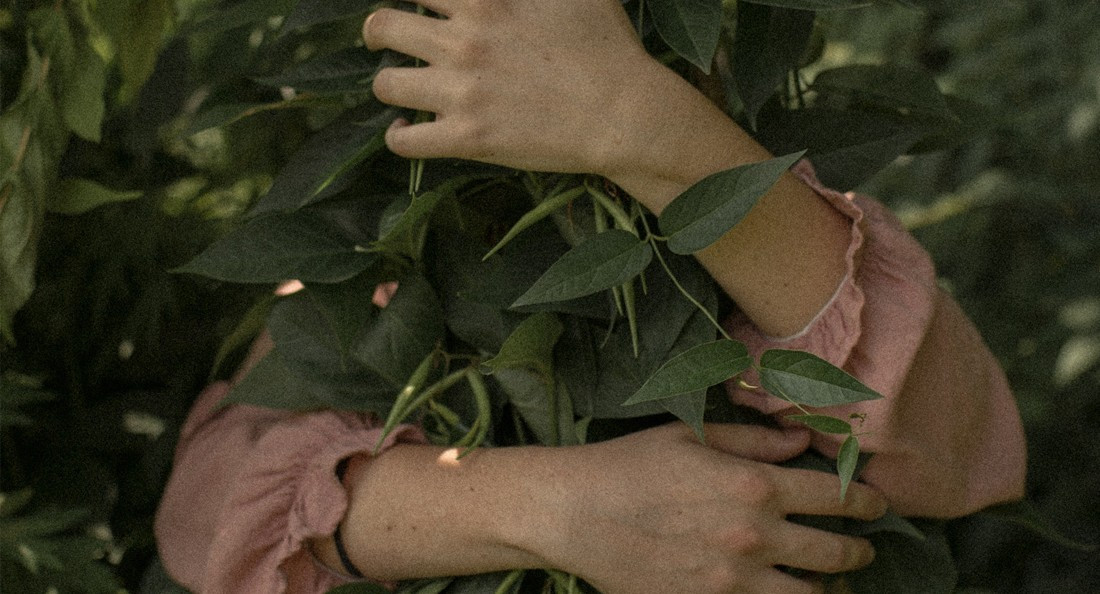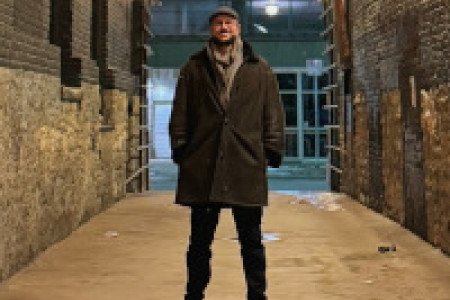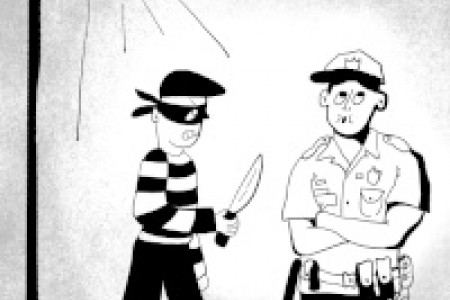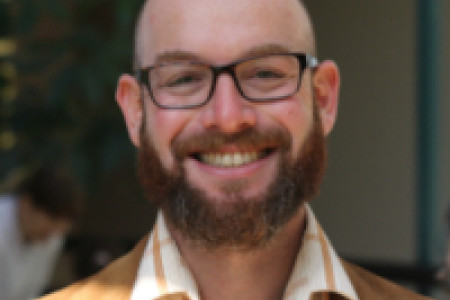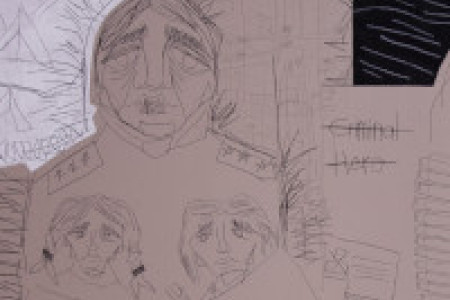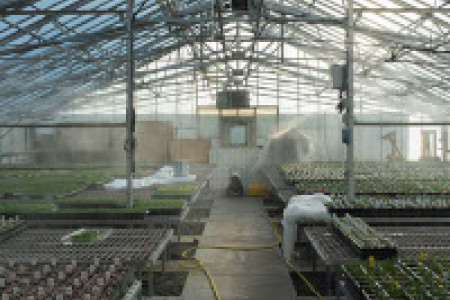How to save a planet
Local environmentalists talk change at Peg City Climate Jam
Though early February saw frostbite warnings and freezing temperatures in Winnipeg, the planet overall continues to rapidly heat up. Feb. 9 also saw the Peg City Climate Jam, the first event of many produced by Climate Action Team Manitoba (CATM) to bring people together to collaborate, communicate and work toward a zero-carbon society.
The Climate Jam, hosted at Richardson College for the Environment, featured speeches from environmentalists and offered different workshops for attendees. Guests spoke on topics like Indigenous knowledge on water in a changing climate, energy efficient homes, carbon tax and mobilizing change in a local community setting.
Ian Mauro, the principal of Richardson College for the Environment and co-director of the Prairie Climate Centre at the University of Winnipeg (U of W), says climate change is the biggest challenge of our time.
“Science has been evolving, but what hasn’t been evolving is our response,” he says.
Mauro mentions the United Nations Intergovernmental Panel on Climate Change’s report, which states that the world has 12 years to bring down emissions before the climate change catastrophe gets out of hand, and irreversible damage is done to Earth’s atmosphere.
“This challenge sounds daunting, but it is at climate jams like this where we figure out how to do that,” Mauro says.
Respect for the land
Not only was the Peg City Climate Jam focused on reducing and eliminating carbon release into the atmosphere, but it also centred on challenging environmental racism as well. The event started off with an Indigenous song and guidance from Indigenous speakers to show respect for the original inhabitants of this land.
Geraldine McManus spoke at the event about Indigenous environmentalism and environmental racism. They reflected on their experience at Standing Rock, where a pipeline was built through sacred Indigenous land. McManus now occupies the Spirit of the Buffalo Camp in Gretna, Man., opposing the Line 3 Pipeline on top of which it sits.
McManus says the camp is surrounded by a deep spiritual energy that connects back to the original inhabitants of the land.
Attendees of the Peg City Climate Jam // Photo by Bethany Daman 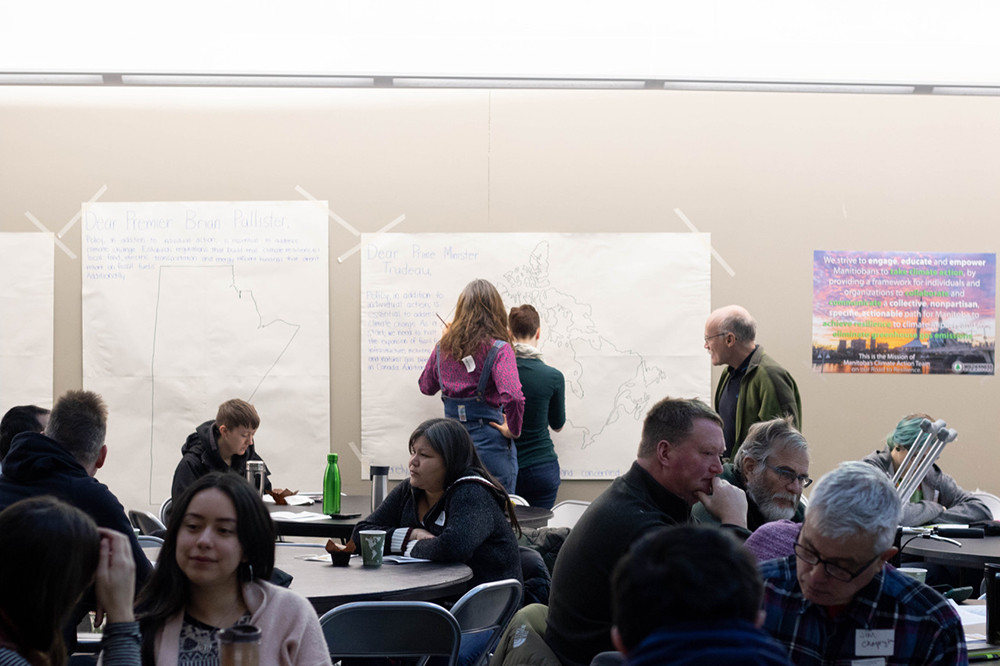
“Some people don’t listen or believe Indigenous people about the environment. It’s hard to turn around hate,” McManus says. “Our people love this planet, and we’ve seen it deteriorate at the hands of others. Climate change action is a part of reconciliation.”
Clayton Thomas-Muller, the emcee for the event and the ‘Stop it at the Source’ campaigner with 350.org, says Indigenous people think of seven generations when making decisions: three generations into the past, the current generation and three generations into the future.
Climate collaborations
Joe Wasylycia-Leis, the U of W Campus Sustainability Office (CSO) co-ordinator, is pleased with the engagement from students and community members at the event, as well as the collaboration among the many different environmental organizations in Winnipeg, like the Manitoba Energy Justice Coalition, the Green Action Centre and Climate Change Connection.
The education and collaboration doesn’t stop with this event. CATM plans on hosting a series of Climate Jams over the coming months, Wasylycia-Leis, says.
“Beyond that, CATM is going to continue to refine their strategy for building the solutions-oriented movement in Manitoba,” he says.
Attendees of the Peg City Climate Jam // Photo by Bethany Daman 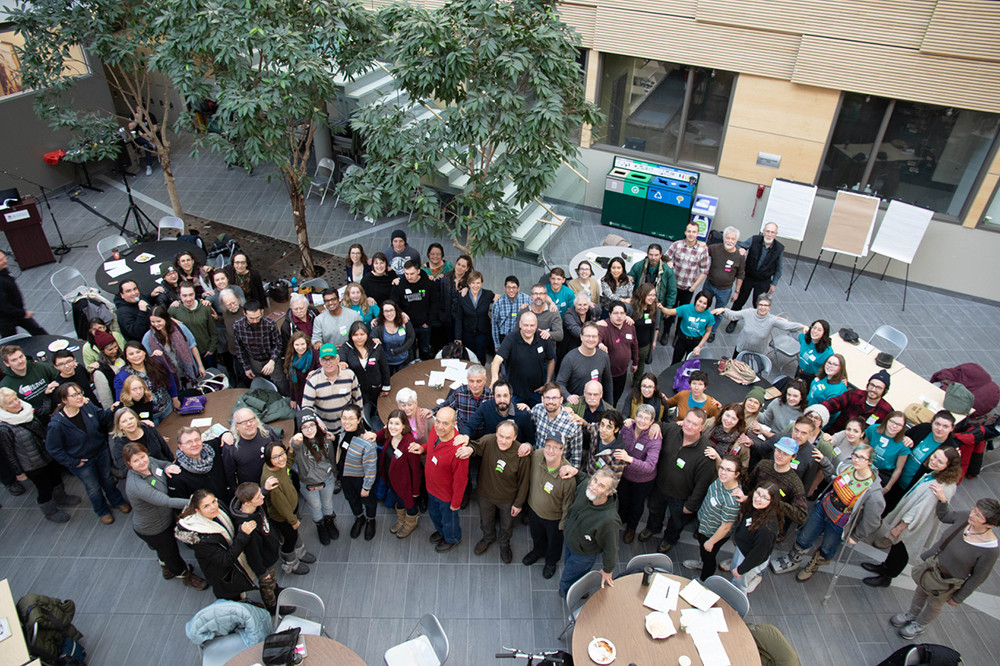
Wasylycia-Leis says the U of W is constantly striving to be an environmental leader in the community by doing things like retrofitting old buildings and lighting infrastructures or through their biomass project in partnership with Manitoba Hydro to heat the campus with sustainable resources.
“For us, environmental leadership is also about preparing tomorrow’s green leaders,” Wasylycia-Leis says. “We’re finding and nurturing students who want to make a difference on social and environmental issues and giving them the resources to do that both in the classroom and through extracurricular experiential and career-building opportunities, which is really the core premise behind Eco Team UWinnipeg.”
Eco action on campus
Eco Team UWinnipeg is a self-directed group of student leaders that organizes green events on campus.
“We’ll be doing a bin education blitz, so look for our teal-coloured shirt-wearing Eco Team volunteers standing beside bins in Riddell Hall at lunch,” Wasylycia-Leis says. “They’ll be doing some bin-side education, giving some compost and recycling tips.”
Supplied photo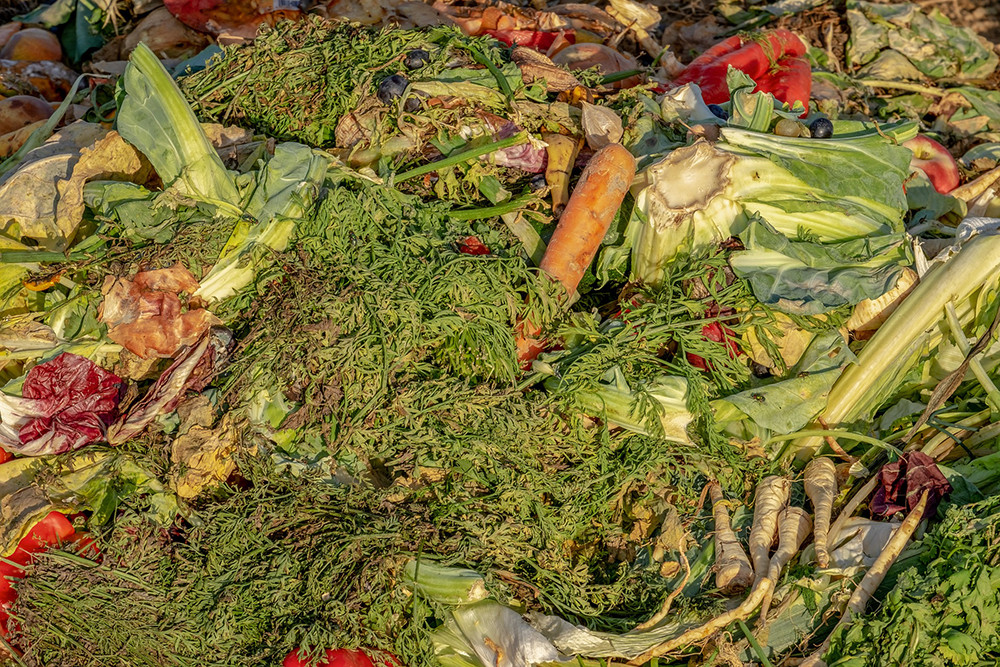
Eco Team UWinnipeg also has a plan to work with the U of W Campus Living Office to ensure that appliances and furniture left behind by students in residence after they move out are repurposed or reused and not just thrown out, Wasylycia-Leis says.
“The sustainability office invests in events (like the Peg City Climate Jam) specifically to give students learning and career development opportunities in environmental fields,” Wasylycia-Leis says. “We always want to hear from students about the types of events and initiatives they want to see on campus so that we can support them.”
Wasylycia-Leis says the CSO is keen on encouraging students to attend future events and participate in the extracurricular learning experiences they provide.
“That was one of the main focuses of the Climate Jam, so seeing the number of students there was great, and we can only hope to build off of that moving forward,” he says. “So keep an eye out for student-oriented events coming from the CSO.”
PledGes for the Earth and each other
The Peg City Climate Jam was the first of many events like it, organized and attended by like-minded environmentalists with the goal of protecting the planet. Attendees of this event were asked to sign a three-part petition, each part directed at either the federal, provincial or municipal government.
Supplied photo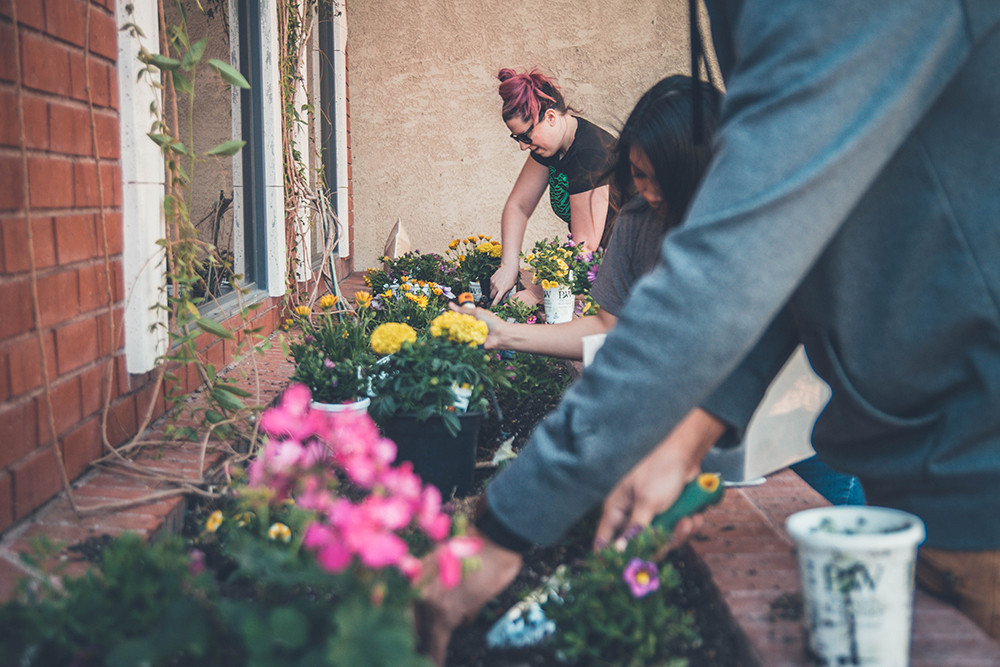
Nitesh Sanghei, a student from the University of Manitoba who attended the event, says people should care more about the Earth’s well-being.
“We need to justify ourselves to the Earth. We live off and use the environment to survive, but we do nothing for the environment,” Sanghei says. “We need to do something to make ourselves worthy of living here.”
Thomas-Muller concluded the event with another traditional Indigenous song and a quote from Hunkpapa Lakota Sioux chief Sitting Bull: “Let us put our hearts and minds together and see what life we can make for our children.”
Published in Volume 73, Number 19 of The Uniter (February 28, 2019)

